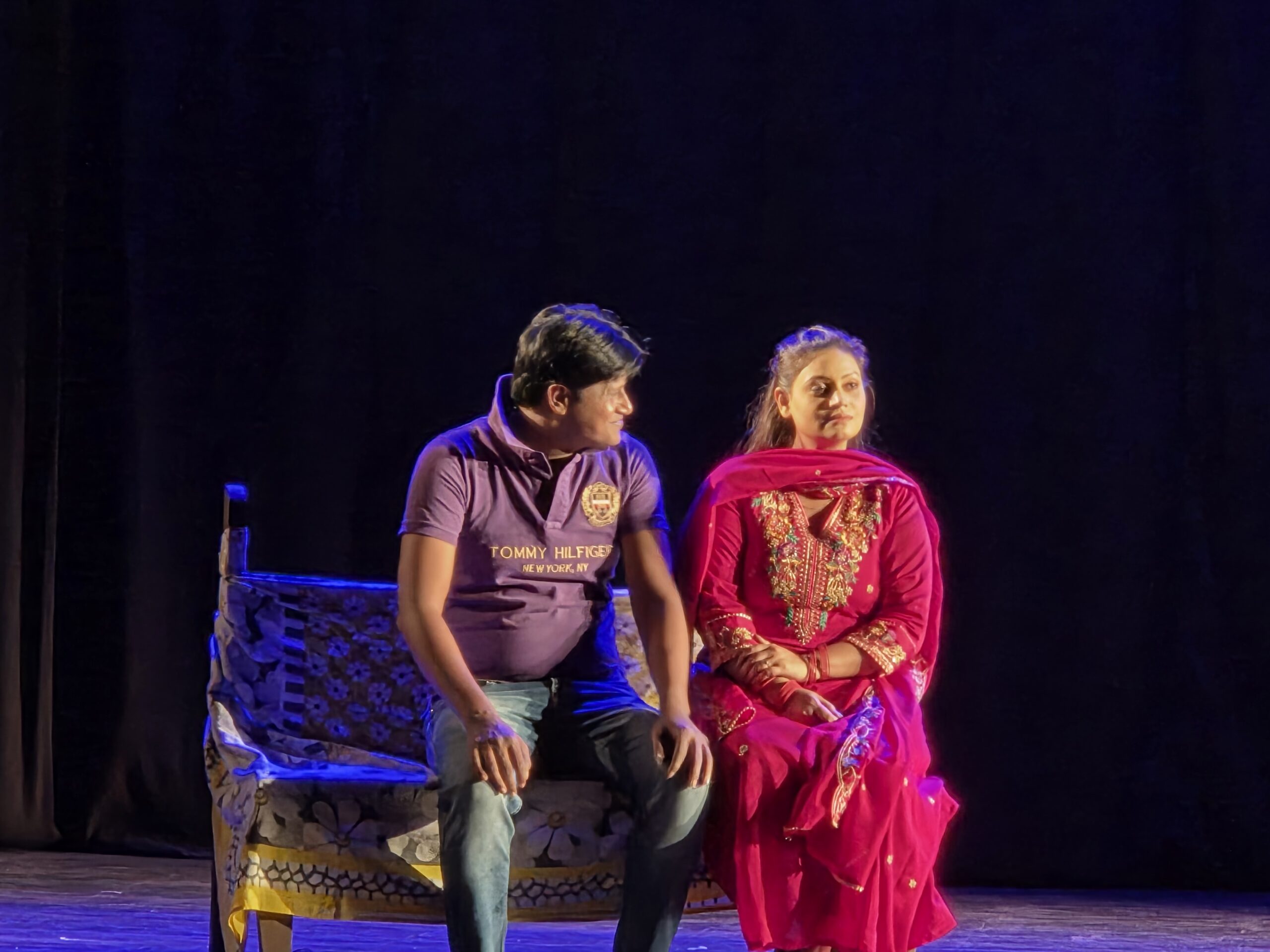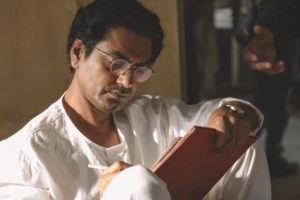35th Urdu Drama Festival: “Jeb Qatra” — A Living Portrayal of Manto’s Human Sensitivity

New Delhi | November 12
The 35th Urdu Drama Festival at Shri Ram Centre, Mandi House, came alive with emotion and introspection as Adakar Theatre Society presented “Jeb Qatra”, a sensitive stage adaptation of Saadat Hasan Manto’s celebrated short story. The play was directed by Himmat Singh Negi, with Prince Rajput as the assistant director.
🌙 A Mirror to the Human Conscience
Few writers have captured human vulnerability like Manto. His world is one where morality blurs, and truth emerges in the unlikeliest of hearts. “Jeb Qatra” (The Pickpocket) unfolds the story of a thief who, after stealing a woman’s purse, is struck by remorse upon realizing her pain. What begins as a simple act of theft becomes a journey of awakening — revealing that compassion and humanity never truly die within us.
“Manto’s world is not black and white — it’s painfully, beautifully human.”
🎬 Direction: Simplicity with Depth
Director Himmat Singh Negi handled the play with remarkable restraint and clarity. Using minimal stage material and precise visual language, he transformed Manto’s prose into a living, breathing experience. Through dialogue, gesture, and silence, Negi underlined a universal truth — “Humanity is the real religion; Hindu and Muslim are but names.”
The lighting and music intertwined beautifully to highlight emotional shifts, while the staging remained both symbolic and grounded — a hallmark of thoughtful direction that never overshadows the writer’s soul.
🌟 Performances that Breathe Life into Words
Javed Sameer (as Kashi) and Nidhi Mahawan (as Bimla) led the cast with extraordinary poise and authenticity. Their chemistry, command over Urdu diction, and emotional restraint brought Manto’s text vividly to life.
Director Himmat Singh Negi, appearing briefly as the character Pandit, made a lasting impact through his controlled yet powerful presence.
The ensemble — Asif Khan, Mukesh Gupta, Nikunj Raj, Deepika Bisht, Mayank Tiwari, Sachin, Ishika Khankwal, Deepika Sharma, Angel Suryavanshi, Prateek, Ashish Singh, Mohammad Umar, Suraj, and Rahul — delivered strong performances that maintained rhythm and realism throughout.
“Each performer seemed to live inside Manto’s sentences, not merely act them.”
🎨 Behind the Curtains: The Invisible Strength
The backstage team lent quiet brilliance to the performance. The play’s lighting, designed by Dev, deepened the emotional tone, while Sham Najim Khan’s music lent poignancy and flow. Nikunj, Ashish, and Dalchand designed costumes that reflected cultural subtlety and simplicity. The make-up by Umar and Angel was balanced and character-driven, while Rishabh, Mukesh, and Mayank handled sets and properties with an understated elegance that allowed the focus to remain on the actors and emotions.
Together, they created a seamless aesthetic that reflected Manto’s realism — raw, restrained, and real.
💭 Final Takeaway
“Jeb Qatra” was not merely a performance — it was a conversation between stage and soul. The fusion of Manto’s empathy, Negi’s direction, and the ensemble’s sincerity crafted an experience that lingered beyond the final curtain.
“Manto’s stories are not meant just to be read — they are meant to be felt, staged, and lived.”
As the audience rose in applause, it was clear that this rendition of “Jeb Qatra” had not only entertained but touched hearts — reminding us that even in darkness, humanity glows quietly within.
